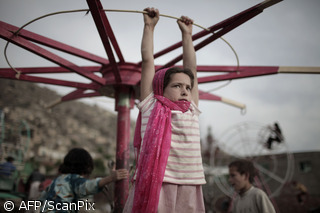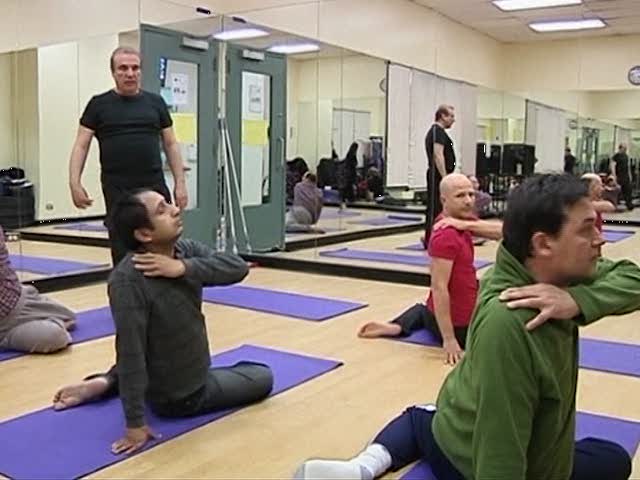Millions of Russian-speaking former citizens of the Soviet Union play a key part in the Russian economy by sending billions of rubles back to their own republics while they work in Russia
Published:
25 March 2003 y., Tuesday
Some of the workers build dachas in the Moscow region, while others drive trolleybuses in Moscow, sell vegetables in open markets or bring in the harvest in agricultural regions.
For the many families of these laborers, the paychecks are their key to survival. About a quarter of the households in Armenia and Azerbaijan are dependent on transfers from family members working in Russia, said Zhanna Zaionchkovskaya, head of the Academy of Sciences' Center for Migration Studies.
Families in other republics, including Georgia, Ukraine, Moldova and Tajikistan, also count on the money, but there are no reliable figures on the amounts involved, she said.
Nationalities Minister Vladimir Zorin said last year that 2 million Armenian and 1.5 million Azeri migrants are in Russia, while the next-largest groups are from Ukraine, Moldova and Tajikistan.
But most of the migrants are not registered in Russia, leaving them open to exploitation and extortion from employers and law-enforcement agencies.
Many of the workers are ethnic Russians unable to get citizenship since the government made it more difficult last year. Many have been living and working in the country for years. The law on foreigners, introduced in November, is intended to either legalize these workers or kick them out.
Šaltinis:
themoscowtimes.com
Copying, publishing, announcing any information from the News.lt portal without written permission of News.lt editorial office is prohibited.
The most popular articles
 Every year 10 000 people lose their lives due to landmines.
more »
Every year 10 000 people lose their lives due to landmines.
more »
 Frustrated by the technical explanation of the nuclear crisis in Japan, artist Hachiya Kazuhiko creates cartoon character "Nuclear Boy" for clarification.
more »
Frustrated by the technical explanation of the nuclear crisis in Japan, artist Hachiya Kazuhiko creates cartoon character "Nuclear Boy" for clarification.
more »
 A Polish collector discovers a photo believed to be of Frederic Chopin taken just after his death in 1849.
more »
A Polish collector discovers a photo believed to be of Frederic Chopin taken just after his death in 1849.
more »
 EGNOS-for-aviation, a satellite navigation service launched on 2 March 2011, will increase flight safety, reduce delays and open up new destinations.
more »
EGNOS-for-aviation, a satellite navigation service launched on 2 March 2011, will increase flight safety, reduce delays and open up new destinations.
more »
 Worker finds two time capsules amid earthquake rubble in Christchurch as search and rescue teams continue to comb through debris from the New Zealand earthquake.
more »
Worker finds two time capsules amid earthquake rubble in Christchurch as search and rescue teams continue to comb through debris from the New Zealand earthquake.
more »
 A group of elderly men in Brazil have taken up running as they race disease and old age.
more »
A group of elderly men in Brazil have taken up running as they race disease and old age.
more »
 "Taxi Yoga," a new exercise class for taxi drivers, helps stretch away the stress of driving a cab in New York City.
more »
"Taxi Yoga," a new exercise class for taxi drivers, helps stretch away the stress of driving a cab in New York City.
more »
 Twenty-five rescued circus lions leave Bolivia for a new life at a U.S. animal sanctuary.
more »
Twenty-five rescued circus lions leave Bolivia for a new life at a U.S. animal sanctuary.
more »
 Colombian flower growers prepare rose exports for Valentine's Day and hope to reap profits despite a strengthening peso.
more »
Colombian flower growers prepare rose exports for Valentine's Day and hope to reap profits despite a strengthening peso.
more »
 Mexican animal rights activists coat their bodies in fake blood to protest bullfighting.
more »
Mexican animal rights activists coat their bodies in fake blood to protest bullfighting.
more »